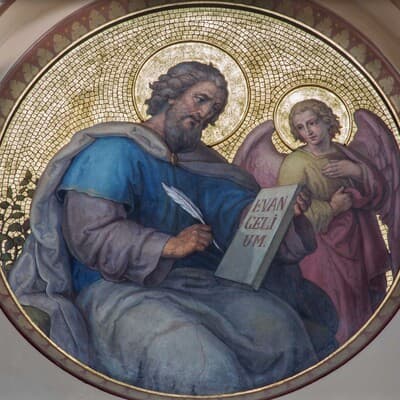We have completed our studies in the book of Acts. We left Paul a prisoner in Rome, dwelling in his own hired house. He was awaiting trial before the ...
The Case of the Lavish Farmer (Matthew 13:3-23)
We shall turn again this morning to the thirteenth chapter of the Gospel of Matthew. Here we are looking together at the Sermon on the Sea which our L...
The Case of the Mysterious Harvest (Matthew 13:24-43)
We are returning this morning to Matthew 13 where we are looking at of parables our Lord gave to describe the age in which we live, the age introduced...
The Case of the Ambitious Seed (Matthew 13:31-32)
Today we come to the third of the remarkable parables which our Lord called the secrets, the mysteries, of the kingdom of heaven. These were all given...
The Case of the Sneaky Housewife (Matthew 13:33)
I invite you now to turn again to the thirteenth chapter of the Gospel of Matthew where we will examine another of the parables that our Lord gave on ...
The Case of the Buried Treasure (Matthew 13:44)
In the great series of parables in Matthew 13 our Lord gave us, as he said, "The secrets of the kingdom of heaven." The kingdom off heaven is God's wo...
The Case of the Valuable Pearl (Matthew 13:45-46)
We turn again this morning to the marvelous secrets our Lord is telling us in the thirteenth chapter of Matthew. They unveil to us things we would nev...
The Case of the Great Dragnet (Matthew 13:47-50)
We come now to the seventh and last in the series of our Lord's parables recorded in Matthew 13. These parables convey what Jesus calls "the secrets o...
How to Handle Life (Matthew 13:51-52)
In recent weeks we have been looking together at the great series of parables recorded in the thirteenth chapter of Matthew by which our Lord Jesus ha...
The Long Look Ahead (Matthew 24:1-3)
How would you like to know the future? Who does not want to lift, if possible, the curtain that hides the things to come, and read the future as well ...


